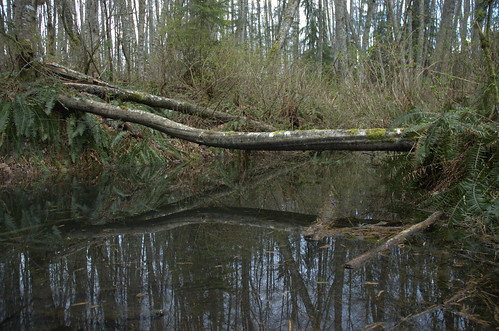Happy Birthday to the amazing American poet Mary Oliver!
In honor of her birthday, I would like you to read the featured poem on Writer's Almanac today. It is called "In Blackwater Woods." Our creative writing prompts for today will be inspired by her poem.
(Note to Educators: I have included study questions (at the bottom of the post) for the poem. Please, if you use them, drop me a note and let me know how it went. Thank you!)
Free-Write for 5 minutes: Write about something (or someone) that you had to let go of that was very difficult for you.
Poetry and Essay Writing Prompts: After you free-write, spin those ideas into a poem or a short essay.
Fiction Writing Practice: Write a short scene with two characters by a pond. They can be human or nonhuman.
Study Questions for Mary Oliver’s Poem “ In Blackwater Woods”
1. How does the poet draw you into the poem? Is it
effective for you? If yes, why do you think so?
2. How many stanzas are in this poem? How many lines are in each stanza?
2. How many stanzas are in this poem? How many lines are in each stanza?
3 How many adjectives are in the poem? What are they?
4. How many “ly” adverbs are in the poem?
5. What specific words does the poet use to give us a
candle-like image without saying the word "candle”?
6. How does the poet use personification?
7. How does the the poet use repetition in this poem? Do you think it is effective? Why or why not?
7. How does the the poet use repetition in this poem? Do you think it is effective? Why or why not?
8. Please write down a phrase or two from this poem
that you liked. Discuss why you think
those lines stood out for you.
9. Were there any parts of the poem that you did
not like? Discuss.
10. The ending direction of this poem is a straightforward message, which is to let go of mortal things in order “to live in this world.” Do you agree or disagree? Why or why not? Reflect on this question in a short paragraph.
10. The ending direction of this poem is a straightforward message, which is to let go of mortal things in order “to live in this world.” Do you agree or disagree? Why or why not? Reflect on this question in a short paragraph.

I think I'll take a shot at this one and post it tomorrow.
ReplyDeleteThat will be great. Good luck!
ReplyDeleteThey sit. It's not late yet and there's still time. Or there would be if they talked. But they don't talk, they sit on either end of the fallen tree. It's a long, straight tree and there's distance between them. The bark is silver under their fingers like a reflection of the light on the trees still standing. The sunlight makes a mockery of the tree's death, shining on regardless, lighting the other trunks, forgetting this felled life.
ReplyDeleteThey should talk.
The pool of water, barely a pond, speaks. It calls with a deep, cold voice to the buds and cat tails in the trees, calls them down to float with joy and sink with nothing. The watchers on the trunk do not save the drowning buds, the drowning cat tails. The ripples creep out to the bank and catch the watchers' eyes but not their attention. The drowning goes on.
They sit.
The other side of the bank is darker than this side. The sunlight hasn't penetrated the canopy there. The difference between the trees standing tall and the trees lying, useless, is less marked there. No light reaches the trunks of either. The silver is barely there and almost invisible. The bank of the pond there is clay as the watchers' know; they've taken handfuls to create creatures enough times to know the clay almost intimately.
They don't talk.
It's quiet and yet loud, like a forest always is. The hush and birdsong, the whispering breeze and the gurgling stream that runs somewhere else. The silence inspires silence in the watchers.
“We should go.”
They look at one another, not sure which of them spoke the words. Somehow the broken silence inches them together and they sit side by side. They still don't have the talk they ought to but neither do they leave. They should go, it's true. Or talk. Whatever they do it should not involve one another. They ought to let go.
But they don't.
They sit.